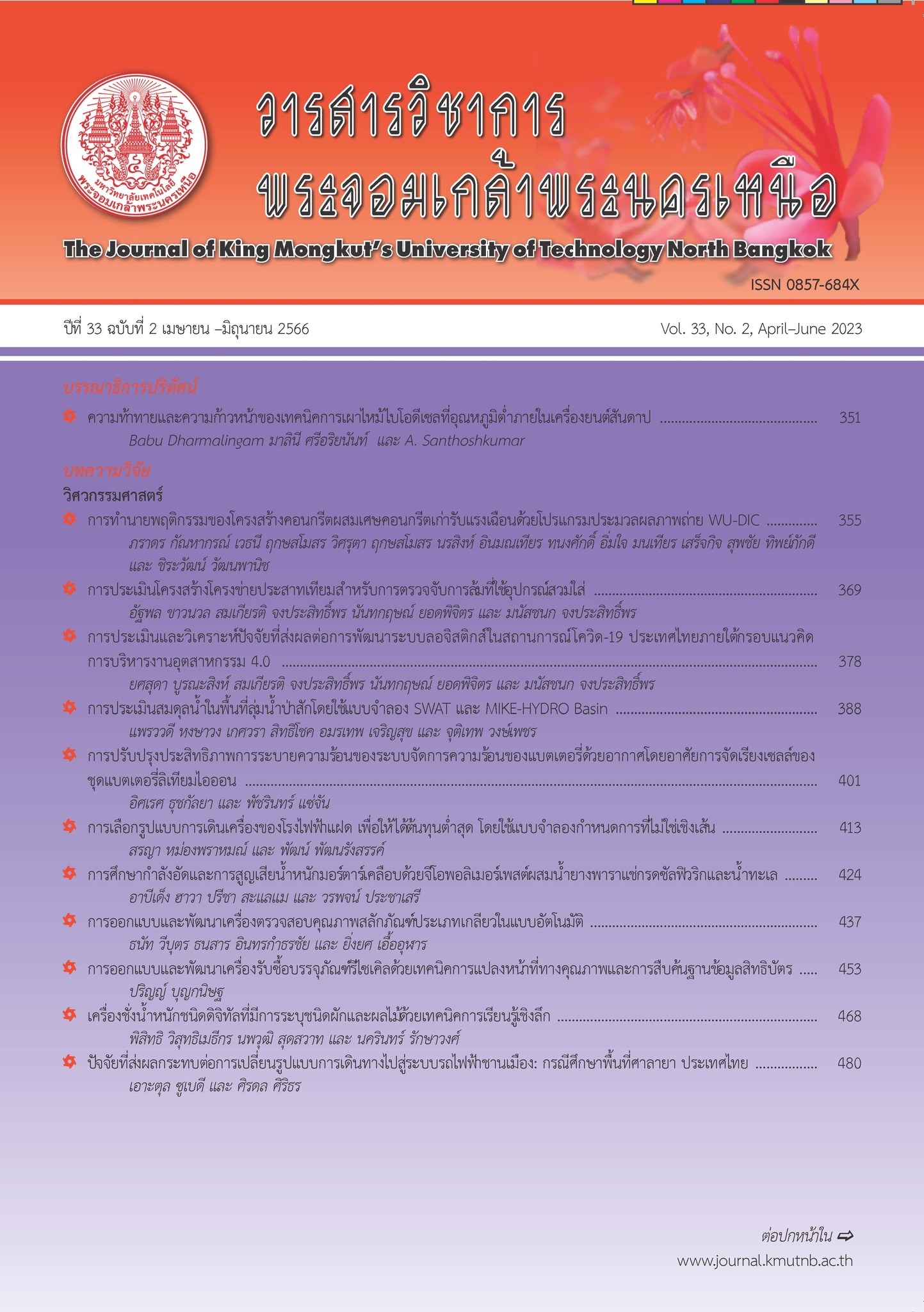Potential Model Development for Executive of Automation Industry
Main Article Content
Abstract
The purposes of this research were: 1) to study the essential components for potential development of executives in the automation industry; 2) to create and assess the appropriateness of the aforesaid model; and 3) to produce and evaluate a handbook in relation to investigated potential development. The selected methodologies of this research were a combination of qualitative and quantitative methods and focus groups. Focus group participants comprised three representative groups: senior executive officers, entrepreneurs of automation companies and academic personnel in human resource management. The statistics used were frequency, percentage, mean and standard deviation. Content analysis was conducted for analyzing qualitative data. As results, essential components and subcomponents to form the potential model can be identified as (1) Work Capabilities, consisting of potentials related to planning, organization management, human resource management, directing, coordinating, reporting and budgeting; (2) Core competency, which covers knowledge about the laws, accounting and foreign languages required; skills related to business channel expansion and automation proficiency; along with desirable managerial characteristics, i.e. persuasion skills, problem solving skills, stress tolerance in the work environment, together with ethical and moral dispositions. The developed manual consists of practical guidelines for each component, techniques for indicator development, and sample performance indicators. Conformity and content suitability assessment for the model were undertaken by qualified experts. The handbook for guideline development was unanimously approved and it was found to be appropriate with respect to further implementation for potential development of executive personnel working in manufacturing automation.
Article Details

This work is licensed under a Creative Commons Attribution-NonCommercial-NoDerivatives 4.0 International License.
The articles published are the opinion of the author only. The author is responsible for any legal consequences. That may arise from that article.
References
W. Wirachnipawan, The Community Development Problems and Obstruction: People, Government Officer and Leader. Bangkok: Odean Store, 1987 (in Thai).
D. Teinputra, Next Decade Human Resources Management. Bangkok: Chulalongkorn University, 2001 (in Thai).
P. Tulachom, Professional Characteristics Development of Secondary School. Pathum Thani: Ratchapat Valaialonglorn University, 2014 (in Thai).
C. Arjinsamarn, The Human Resources Development. Bangkok: Text Book Production Center of Krirk University, 1998 (in Thai).
P. Tulachom, “The model for the development of the characteristics of professional administrators in secondary schools,” Human and Social Journal of Mahasarakham University, vol. 11, no. 53, pp. 173–178 , 2014 (in Thai).
P. Methapat, “Development of training course for developing of management model of data and information center in vocational education institutes,” Journal of KMUTNB, vol. 11, no. 1, pp. 98–105, 2017 (in Thai).

